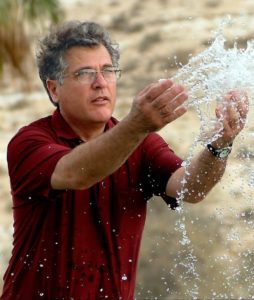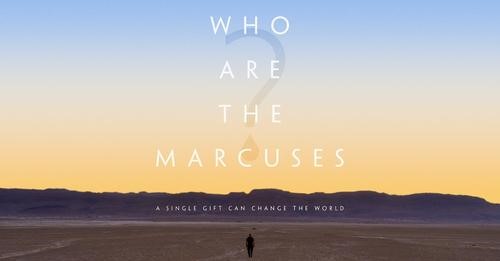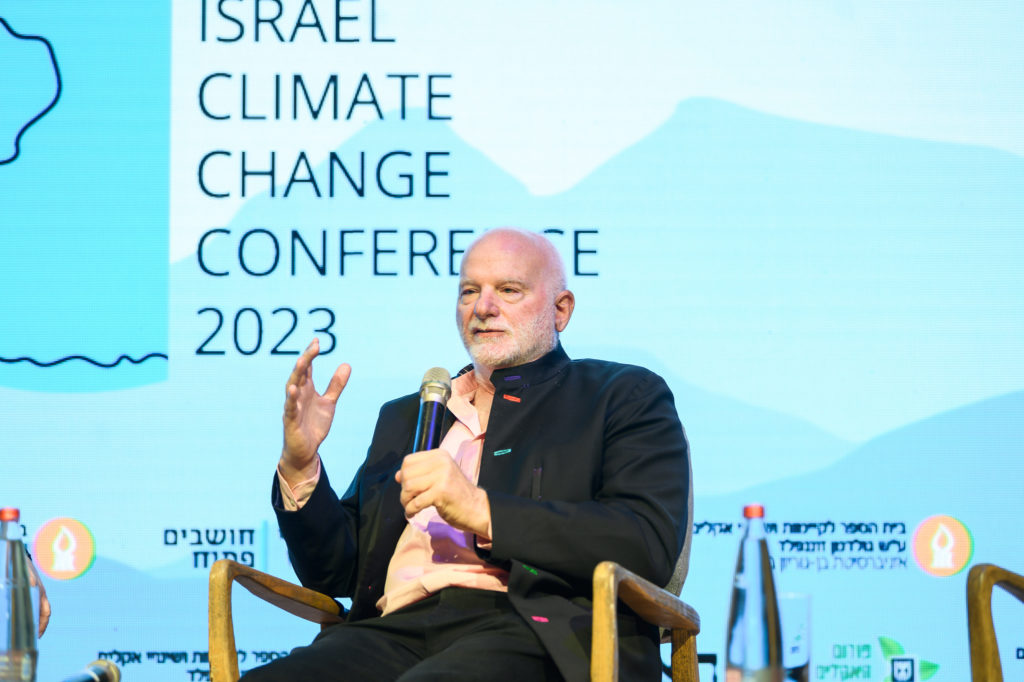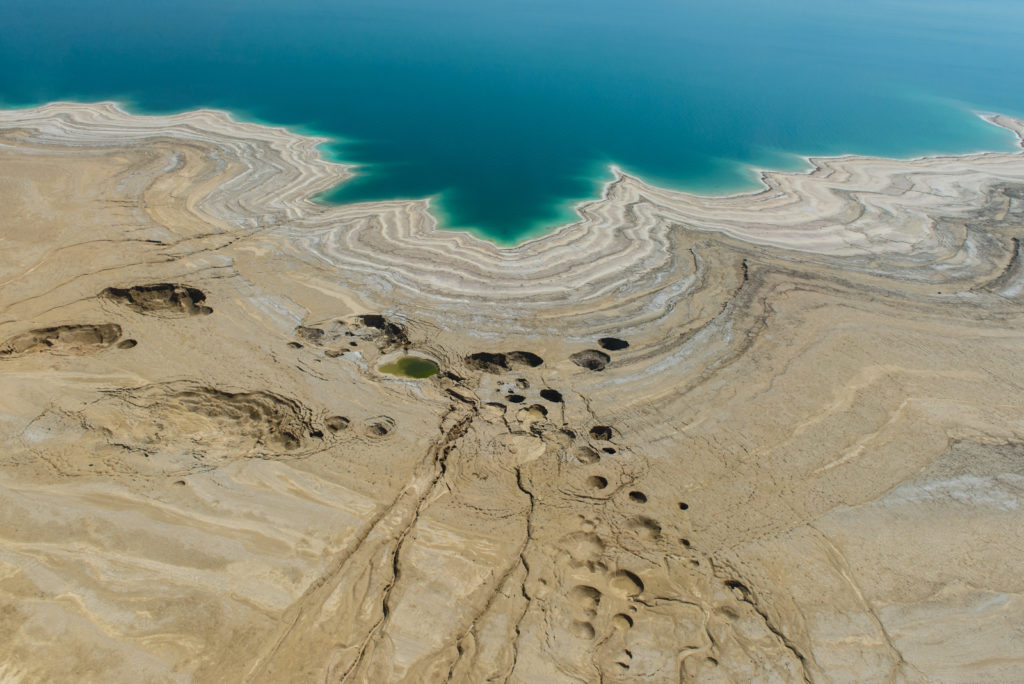
Can BGU Help Solve Cape Town’s Water Crisis?
Can BGU Help Solve Cape Town’s Water Crisis?
February 9, 2018
Israel21c – Within three months, South Africa’s capital city and biggest tourist destination may become the first major city in the world to run out of water unless the city manages to reduce daily consumption by 20 percent.
In Israel, a country with its own history of water struggles and triumphs, BGU experts are weighing in on how Israeli innovation and mindset may be able to help Cape Town and other water-scarce locations avoid future disasters.
“We are known around the world for being experts in water and having developed the most advanced technologies to cope with water scarcity,” says Prof. Eilon Adar, deputy director of the Jacob Blaustein Institutes for Desert Research and former director of its Zuckerberg Institute for Water Research.
“But it’s not necessarily so that these technologies can be adapted as is and save the rest of the world,” says Prof. Adar.

Prof. Eilon Adar
“Every society has its own constraints – social, physical, natural – and the most we can do is to try and adapt the Israeli concept to see which technologies or innovations can be tailored for the local needs.”
Israel’s national water grid, established in 1964, gave the country the ability to bring water from the north to the south, something that many countries today still do not do.
The grid now integrates surface water, groundwater and desalinated water into the same pipeline, which Prof. Adar says is unique to Israel.
The “Day Zero” shutdown will mean that the four million residents of Cape Town will have their water supplies cut off in mid-May 2018, but this time is recalculated every week based on current reservoir capacity and daily consumption.
The crisis is mostly attributed to three years of unprecedented drought that has dried up the city’s six-dam reservoir system. If the dams fall below 13.5 percent capacity before the start of the rainy season in June, taps will be turned off and residents will have to line up at municipal points to collect their allotted 25 liters (about seven gallons) per day. This amounts to just about a quarter of what the average American uses daily.
“Cape Town started designing or planning for this two and a half years ago, and now they are still in the middle of construction. It’s too slow and too late,” says Prof. Adar.
Prof. Adar is an expert in water conservation. He and other researchers of the Zuckerberg Institute have consulted with California leaders during the state’s historic drought.
In addition to using technology, Prof. Adar says education is key. “If you take an eight-year-old boy or girl and begin to educate them on conservation, in five or six years they are teenagers and in 10 years they are adults.”
Cultural attitudes towards water can change, but it may take at least a generation.
As “Day Zero” approaches, it seems the whole world is watching to see what Cape Town does.



